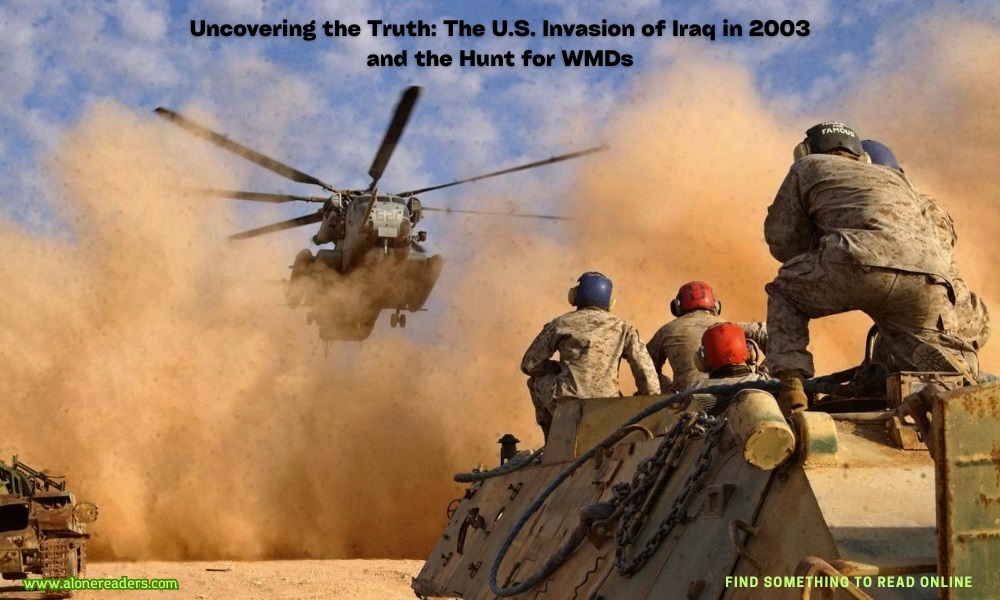
In March 2003, the United States, alongside coalition forces, initiated a military invasion of Iraq, a pivotal event that has had lasting repercussions on international relations and Middle Eastern geopolitics. The justification given by the U.S. government for the invasion was the alleged possession of weapons of mass destruction (WMDs) by the Iraqi regime, led by Saddam Hussein. This assertion was accompanied by claims that Iraq posed an imminent threat to global security, particularly due to potential links to terrorist groups like Al-Qaeda.
The narrative of WMDs in Iraq was built on a foundation of intelligence reports and presentations by high-ranking U.S. officials. In a key moment that garnered global attention, then-Secretary of State Colin Powell addressed the United Nations Security Council, presenting evidence that was intended to prove Iraq’s possession of biological weapons and an ongoing program to develop nuclear capabilities. The intelligence included satellite images, testimonies from informants, and intercepted communications, which were cited as undeniable proof that Saddam Hussein was not only hiding these weapons but also had the capability and will to use them.
However, the validity of this evidence soon came into question. As the invasion progressed and extensive searches were conducted by U.S. and coalition forces, the expected caches of WMDs were not uncovered. This absence led to intense scrutiny and criticism of the U.S. government’s motives and the integrity of the intelligence used to justify the war. It became one of the most controversial aspects of the Iraq War, raising significant ethical and political questions about the role of government and intelligence in international conflict.
The lack of WMDs had profound effects on the credibility of the United States on the world stage. Accusations of manipulating intelligence data to serve political ends damaged relationships with key allies and international institutions. Domestically, the situation fueled a growing anti-war sentiment and led to widespread protests. The war also had profound humanitarian consequences, with thousands of civilian casualties and millions displaced, creating a long-term crisis in Iraq and the surrounding region.
In retrospect, the Iraq invasion has often been criticized as a strategic and humanitarian misstep. Studies and official reports later revealed that the pre-war intelligence was not only flawed but possibly misrepresented. The 2005 report from the Commission on the Intelligence Capabilities of the United States Regarding Weapons of Mass Destruction concluded that the intelligence community was "dead wrong" in its assessments of Iraq's WMD capabilities. This report and others pointed to a combination of intelligence failures, confirmation bias, and political pressure as contributing factors to the misrepresentation of the threat posed by Iraq.
The consequences of the invasion extended beyond the immediate geopolitical and military outcomes. It altered the course of U.S. foreign policy and reshaped the political landscape in the Middle East. The power vacuum created by Saddam Hussein’s ousting eventually contributed to the rise of extremist groups, including the Islamic State (ISIS), which seized large portions of Iraq and Syria in the following decade. The instability in Iraq also exacerbated sectarian tensions and led to ongoing internal conflicts that have proved difficult to resolve.
Furthermore, the Iraq War prompted a reevaluation of international norms regarding military intervention. It influenced debates over the responsibility to protect civilians versus the sovereignty of states, discussions that continue to shape international responses to global conflicts.